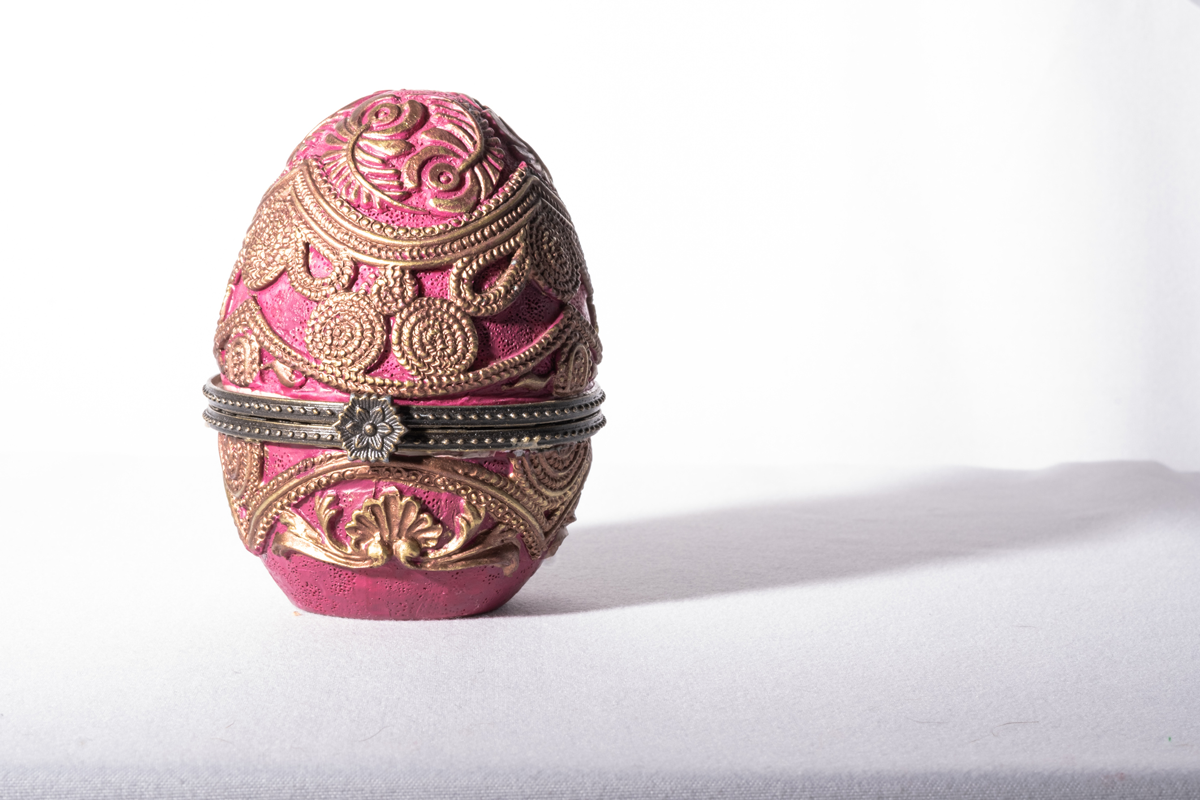How worried about a stroke should I be, given the new study published by JAMA suggesting a higher incidence in women who have given birth after having undergone infertility treatments?
—IVF Pregnant at Week 35.5
The study in question is here. What the authors do in this study is look at the postpartum stroke risk for women who conceived spontaneously versus using IVF.
A note on stroke. Women who have just had a baby are at a higher risk of stroke than a comparable woman who has not just given birth. However, postpartum strokes are extremely rare. In this particular study, the average risk is around 30 per 100,000 births. This is much less common than even other serious postpartum complications (like excessive bleeding).
This study looks at a huge cohort of births in the U.S. — over 3 million — and compares the stroke risk over the year following birth for people who had and did not have IVF. It finds that those who conceived with IVF had an increased risk of 8 per 100,000 births. This number is very small. The overall risk is small, and the increase in risk is even smaller.
The impacts estimated in this paper are small and “marginally significant.” This last point means that, statistically, the authors are not very confident in the results. In addition, and much more problematic, the argument for causality is weak. Women who have an IVF pregnancy differ in many ways. Some of those ways — age, notably — are observed and adjusted for in the data. But there are many other characteristics that are likely to differ that the authors do not observe and therefore cannot account for. It is extremely challenging to attribute these differences across groups in stroke risk to the differences in reproductive technology, rather than to other differences.
When the authors adjust for the small number of differences they do observe, it makes the associations smaller. This tells me that if they could adjust for more, they would get even smaller.
In the end, it’s hard to completely rule out some tiny effect here, but it is so small that it isn’t worth considering deeply.
Community Guidelines




















Log in